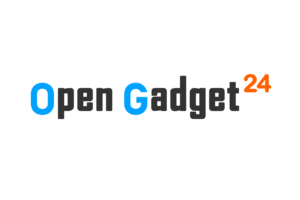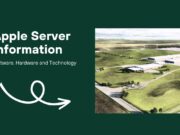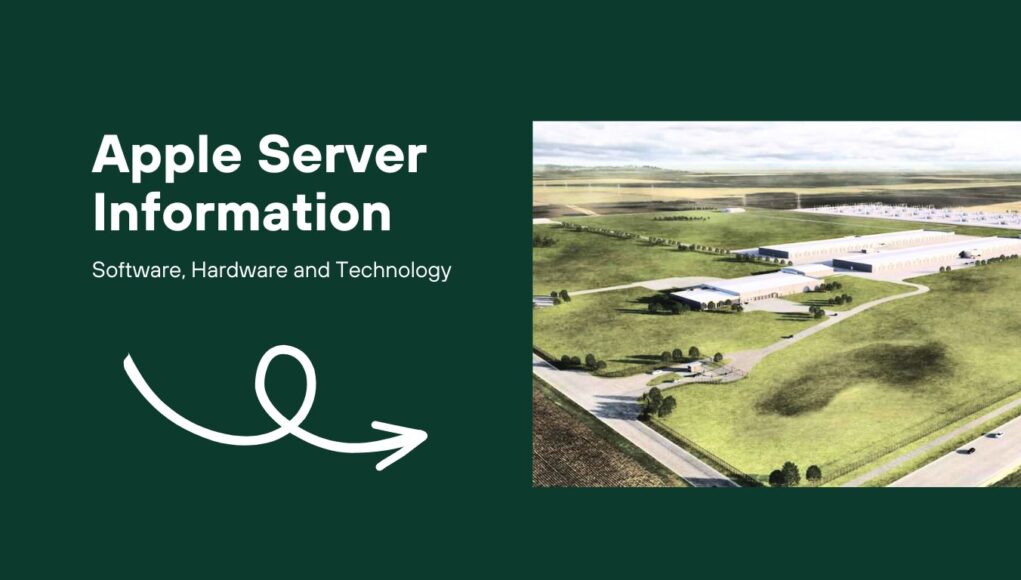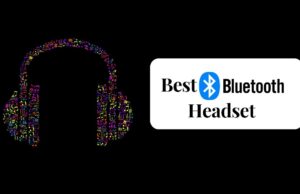The speed of Apple server can vary depending on the specific model and configuration.
Apple uses a variety of server hardware and software to power its services, ranging from custom-built servers to commercial off-the-shelf hardware.
In general, Apple’s servers are designed to deliver high performance and reliability for its cloud-based services. Apple has invested heavily in building out its server infrastructure over the years, and the company’s data centers feature advanced cooling, power management, and networking technologies to optimize performance.
Apple Server’s
However, it’s worth noting that server speed is just one factor that can impact the overall performance of a cloud-based service.
Other factors, such as network latency, software optimization,
and user load, can also play a significant role in determining how fast and responsive a service is for its users.
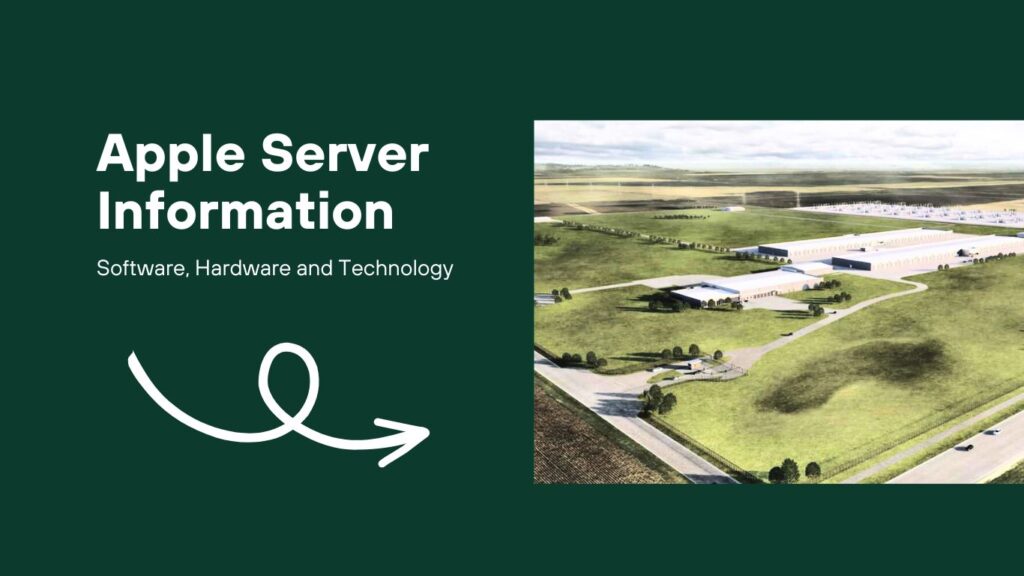
Apple server’s hardware: information about the physical servers that Apple uses to power its services,
such as the Mac Pro, Xserve, or other custom-built models.
Software Apple server: information about the operating systems, middleware, and other software that Apple uses to manage its server infrastructure.
Apple data centers: information about the physical locations where Apple houses its servers and other IT infrastructure,
such as the company’s massive facility in Maiden, North Carolina.
cloud services Apple: information about the various cloud-based services that Apple offers to consumers and businesses,
such as iCloud, Apple Music, or Apple TV+.
Specification of Apple Server
Apple uses a variety of server hardware and software to power its services,
depending on the specific needs of each service. Here are some examples of Apple’s server specifications:
Mac Pro: Apple uses the Mac Pro workstation as a server for some of its services,
such as iTunes and the App Store.
The Mac Pro features Intel Xeon processors with up to 28 cores, up to 1.5 TB of RAM,
and up to 8 TB of SSD storage.
Xserve: Apple’s Xserve was a line of rack-mounted servers that the company produced until 2011.
Xserve models featured Intel Xeon processors with up to 12 cores, up to 48 GB of RAM,
and up to 3 TB of storage.
Custom-built servers: Apple also designs and builds custom servers for some of its services. For example,
the company’s iCloud service reportedly runs on a custom-built server called the “Maverick,”
which features a custom-designed motherboard with up to 64 GB of RAM, and up to 4 TB of storage.
Server software: Apple’s server software, which runs on its hardware, includes macOS Server,
which provides a range of server features such as file sharing, email, and calendar services.
Apple also uses open-source software such as Apache, MySQL, and PHP to power some of its web services.
It’s worth noting that Apple’s server specifications can change over time as the company updates its hardware and software.
Unique Feature of Apple Server’s
Apple’s server offerings are primarily focused on delivering reliable and high-performance solutions for its own cloud-based services,
rather than targeting the broader enterprise server market. Here are a few unique features of Apple’s server offerings:
Integration with Apple ecosystem: One of the key advantages of using Apple servers is their tight integration
with the Apple ecosystem of devices and software.
For example, macOS Server offers built-in support for macOS and iOS devices,
making it easy to manage and secure fleets of Apple devices.
Additionally, Apple’sz server software can seamlessly integrate with other Apple services such as iCloud, iTunes, and the App Store.
Custom-designed hardware: Apple has designed custom servers for some of its services,
such as the iCloud service, which reportedly runs on a custom-built server called the “Maverick.”
This custom-designed hardware is optimized for Apple’s specific use cases and can deliver
higher performance and efficiency than off-the-shelf server hardware.
Energy efficiency: Apple is committed to reducing its environmental impact, and this extends to its server offerings.
Apple’s data centers are powered by renewable energy sources,
and the company has implemented advanced cooling and power management technologies
to maximize energy efficiency and reduce its carbon footprint.
Focus on security: Apple places a strong emphasis on security, and its server offerings are designed with security in mind.
macOS Server includes built-in security features such as firewall protection,
encrypted file sharing, and VPN support. Additionally,

